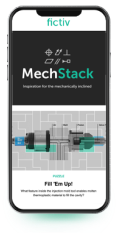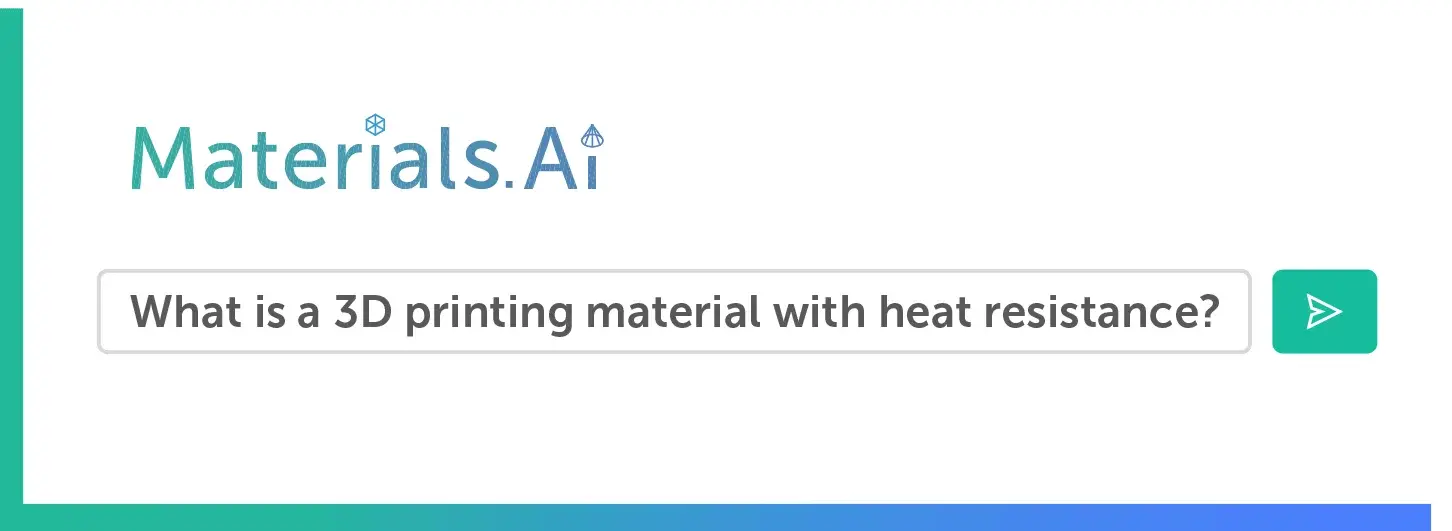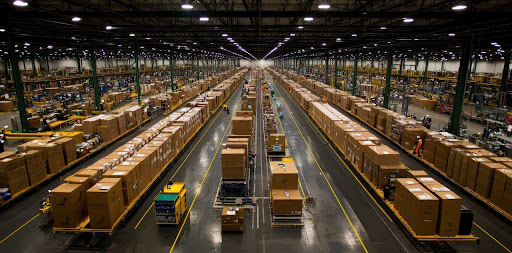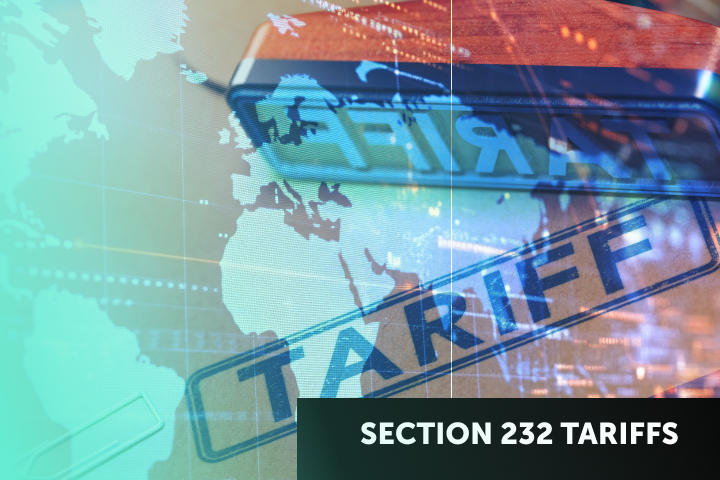Time to read: 1 min
May 17 at 12:00 p.m. PST
Learn how to utilize bridge production in a special webinar with Fictiv and Formlabs in honor of the upcoming Formlabs roadshow SF.
Bridge production is faster than traditional manufacturing methods and is useful for products where the volumes are low or the design may need to change.
3D printing has transformed how companies design and develop products, but its impact on production is almost as large. From jigs and fixtures to bridge production and mass-customization applications, networks of small, precise 3D printers are finding a place alongside conventional manufacturing equipment like injection molding.
However, there will be times when the parts have to be molded to permit design validation. This can be because a particular grade of material is needed, the material flow is important for strength reasons, or the component is elastomeric. Here enters Urethane Casting (also known as RTV molding and silicone molding) which has only a fraction of the design constraints of injection molding however can produce production-quality parts, without the permanence and high costs and lead times associated with traditional steel or aluminum tooling.
What you will learn:
- How to de-risk high volume molding using bridge production
- When to make the switch from 3D printing to mid vol casting to injection molding
- How to leverage the unique benefits of 3D printing materials in manufacturing
- Design considerations for urethane casting
Participants are encouraged to ask questions throughout the webinar.










